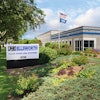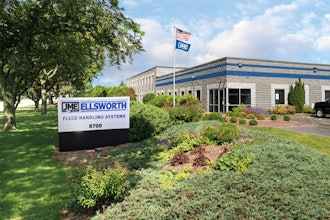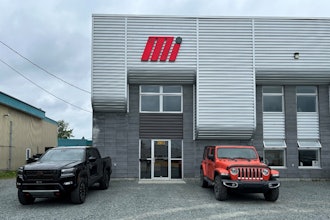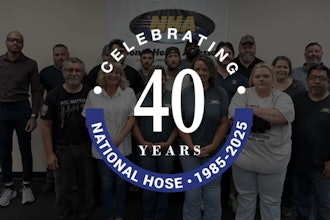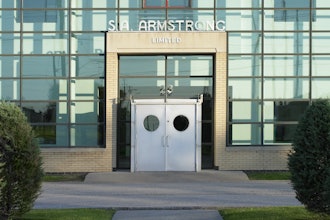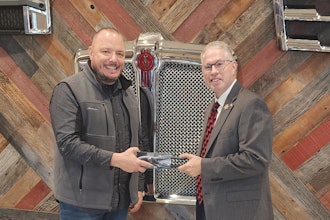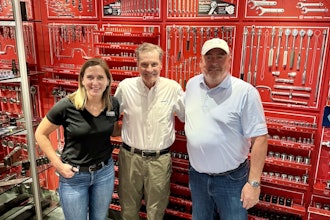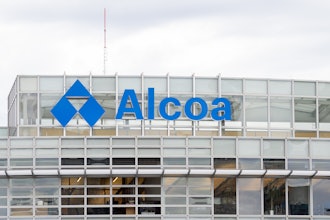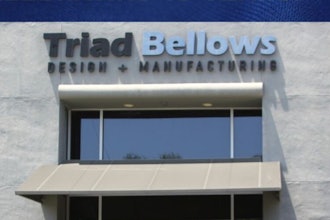
AD member NH Bragg sold blacksmith supplies when they started in 1854. Weber Supply sold carriage furnishings. First Supply sold wooden windmills. Thos. Somerville was a brass foundry. Washburn Garfield were steam fitters. Hagerty Supply were millwrights. AD supplier partner Leviton made tin mantle tips for gaslights. None of those companies would currently exist if they hadn’t changed with the times. There hasn’t been much call for blacksmith supplies, carriage furnishings or gaslights, for quite some time.
It’s a good bet, however, that there were some people, in each of those companies, who forcefully argued against them making those changes; and others who grumbled when they happened. That’s just human nature. Success and habit have a way of blinding us to important realities. What made those companies successful in the first place, was not going to have the same good result if they kept on doing it. They needed to change. Yet some people fought it.
If you work in any business long enough, you’ll see a lot of change. Businesses exist to serve other businesses and people. People and businesses that exist within a specific time and place. When those people or companies change, or when the dynamics of their time and markets change, a business needs to change along with it.
This doesn’t always entail a total change to a company’s business. If customers want to fax you their orders, you go and buy a fax machine. If they want to place their orders using mobile devices, you launch a website that’s mobile friendly and easy to use. Some changes are harder than others. But not changing is a recipe for disaster.
Absolutely everything that any business does, internally or externally, needs to be responsive to changing dynamics. This includes, but is not limited to, its: people, products, services, programs, meetings, IT infrastructure, logistics, and organizational design. You can respond to change thoughtfully, and you’ll have a good chance of succeeding, or you can put your head in the sand or grumble and fail. It’s a choice.
What got us here is not the same as what will get us to the next level. Get outside your comfort zone, rather than stubbornly hanging on to old ways of doing things. Be excited by the possibilities that change and growth bring. Be flexible. Get to know the "new" people. When a decision has been made, get behind and do everything you can to support it.
— Bill Weisberg, chairman and CEO of AD
For this reason, it’s incumbent on every one of us to spot the changes that are taking place around us and communicate them internally in a persuasive manner. It’s not enough to know that something needs to change. You need to effectively alert and persuade others.
In a small company, everybody touches every functional area and engages with every relevant part of customer operations. In a larger business, work is more specialized. Accounting, for instance, typically engages with different people in customer organizations than sales and marketing. As a result, they hear different things. That’s why we all need to share what we hear and listen to each other when we speak.
Ideally, we should suggest solutions to address the things we’ve learned. Ideally, we should encourage others to embrace new programs, services, and processes, when they are introduced. But without fail, we need to be personally supportive. There’s no room, in any company, for people shooting arrows within.
One of the best ways to identify the things we need to change is by talking with new clients, new people who work at old clients and new associates. They bring a fresh, outside perspective to the way that we do things and the things that we do. They are neither accustomed or complacent. Sometimes we need to help them “see the light.” Sometimes we need to let their light show us what we need to do differently. As important as it is to educate them, it’s equally important to listen and learn from them.
 Bill Weisberg, AD President & CEO
Bill Weisberg, AD President & CEOIt’s ok to be proud of the things that you do and the value you provide. If you work hard and you’re good at what you do, you should be proud. But we can’t let that pride blind us to the changes taking place in our markets, within our customer base, or within our own company. We need to be humble, open-minded, and responsive to change in a can-do fashion. That’s a good recipe for success.
Bill Weisberg is chairman CEO of AD, having joined the group in 1983. He led AD into Canada and Mexico and expanded the company's distribution network beyond electrical supplies through six start-ups and seven mergers to include general line industrial supply distributors, pipe, valves and fittings distributors, plumbing distributors, HVAC distributors, building material distributors, and bearings and power transmission distributors. Total sales for the group currently exceed $30 Billion.

